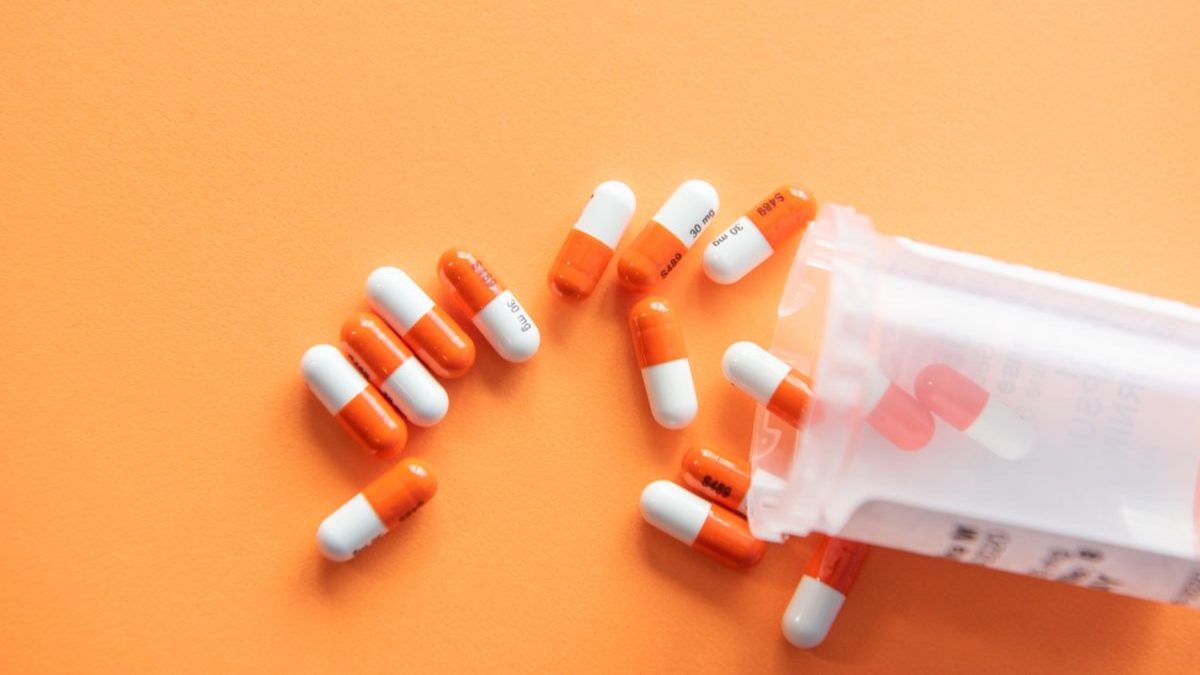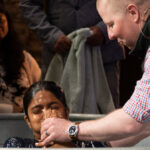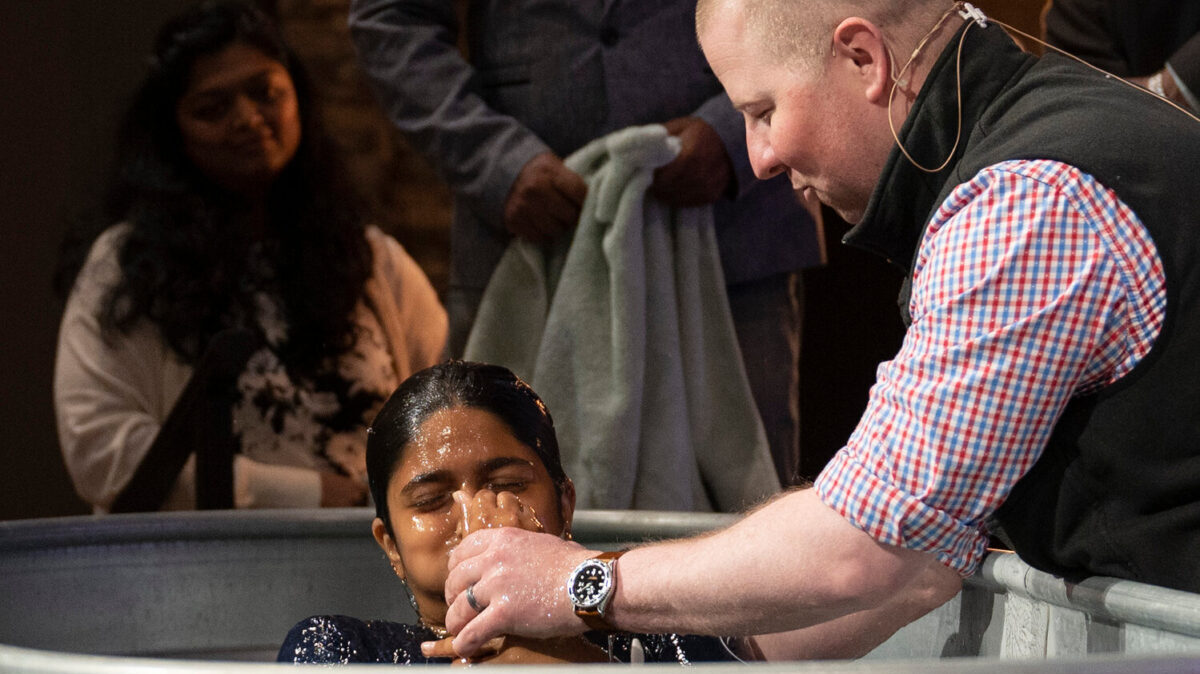EDITOR’S NOTE — Across the nation, children and teens are plagued by a host of escalating tragedies. In this series, we look at several issues facing America’s endangered youth and offer ways you and your church can help care for the next generation. For more stories in this series, click here.
Drug overdoses, particularly those laced with the deadly drug Fentanyl, are increasingly killing the nation’s children and youth in staggering numbers, according to the Centers for Disease Control and Prevention .
In 2021, more than 107,000 people in America died from a drug overdose. It was a record high and a 15% increase from 2020, according to the CDC.
That’s one person every five minutes, and for the first time, the overdose crisis is reaching teenagers, according to Joe Friedman, a public health researcher at the University of California, Los Angeles.
Fatal overdoses among adolescents doubled in 2020, an increase of 94%, according to the Journal of the American Medical Association.
JAMA information also indicated that the rise in deaths wasn’t because greater numbers of teens are using drugs, but instead because of the dangerous and highly potent forms of fentanyl they use. In 2021, 77% percent of all teen overdose deaths involved fentanyl.
Deadly mix
Drug makers are reportedly secretly mixing the cheaper fentanyl with other popular drugs to increase their profits, and they are selling these deadly drugs to unsuspecting children and youth.
Nora D. Volkow, director of the National Institute on Drug Abuse, said, “An increase in illicit pills containing fentanyl points to a new and increasingly dangerous period in the United States.”
In February, a 13-year-old student at the Sports and Medical Science Academy in Hartford, Connecticut, collapsed in the gym and died from a fentanyl overdose. Police found 40 bags of fentanyl in two school classrooms and another 100 bags in the boy’s bedroom.
Then in March, two high school students in Portland, Oregon, died within 24 hours of each other after overdosing on fentanyl in the form of counterfeit pills.
Fentanyl is a powerful synthetic opioid like morphine, but it’s 50 to 100 times more potent, according to the National Institute on Drug Abuse. It is prescribed legally for people who have undergone serious surgery and/or who suffer intense physical pain.
When a person overdoses on fentanyl, his breathing can slow or stop, decreasing the amount of oxygen to the brain and often leading to a coma, permanent brain damage or death.
Fentanyl is so lethal that health officials recommend wearing gloves when handling a suspected opioid and avoiding mouth-to-mouth resuscitation on a victim of overdose. As little as two milligrams of fentanyl can kill a person. One kilogram of fentanyl has the potential to kill 500,000 people.
Counterfeit pills are difficult to recognize. Many counterfeit pills are made to look like prescription opioids such as oxycodone (Oxycontin, Percocet), hydrocodone (Vicodin) and alprazolam (Xanax); or stimulants like amphetamines (Adderall). The only safe medications are those prescribed by a trusted medical professional and dispensed by a licensed pharmacist.
How to help
How can you help keep your children and youth safe from overdose deaths? Here are some suggestions:
- If you suspect a person has ingested fentanyl (a person’s breathing and heart rate have slowed, they don’t respond to your voice and their pupils are small), call 911 immediately. Fentanyl is fast acting, especially if it’s inhaled through the nose.
- If available, administer naloxone (Narcan), a nasal spray available at most pharmacies, to help reverse the effect of opioids overdose.
- Become a parent, grandparent, pastor, church, school or community leader who is well-informed about the current flood of fentanyl-laced medications available on the illegal drug market. Stay alert to what is happening in the U.S.
- Bring people together, holding seminars in your churches, schools, and communities to teach them the symptoms of drug abuse, effective ways to respond to children and youth who abuse drugs and/or have overdosed and how to create new and effective ways to prevent and stop illegal drug use.
- As a parent, be aware of your child’s daily schedule, where he goes and the company he keeps. Talk to your children and youth about the deadly risk of illegal drug use. Watch for the warning signs of drug use and learn how to prevent drug-related deaths. Get involved in their schools.
Resources:
- Download the Department of Justice/Drug Fact Sheet on Fentanyl at: https://www.dea.gov/sites/default/files/2020-06/Fentanyl-2020_0.pdf
- Read: Preventing Drug Use among Children and Adolescents: A Research-Based Guide for Parents, Educators, and Community Leaders, National Institute on Drug Abuse: https://nida.nih.gov/sites/default/files/preventingdruguse_2.pdf










